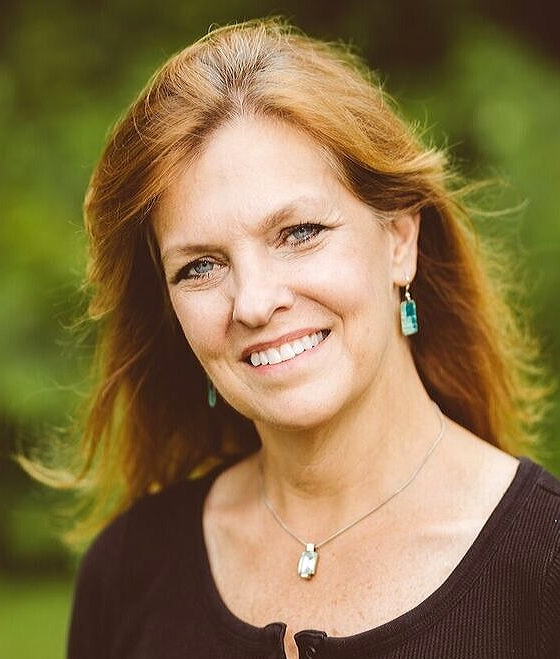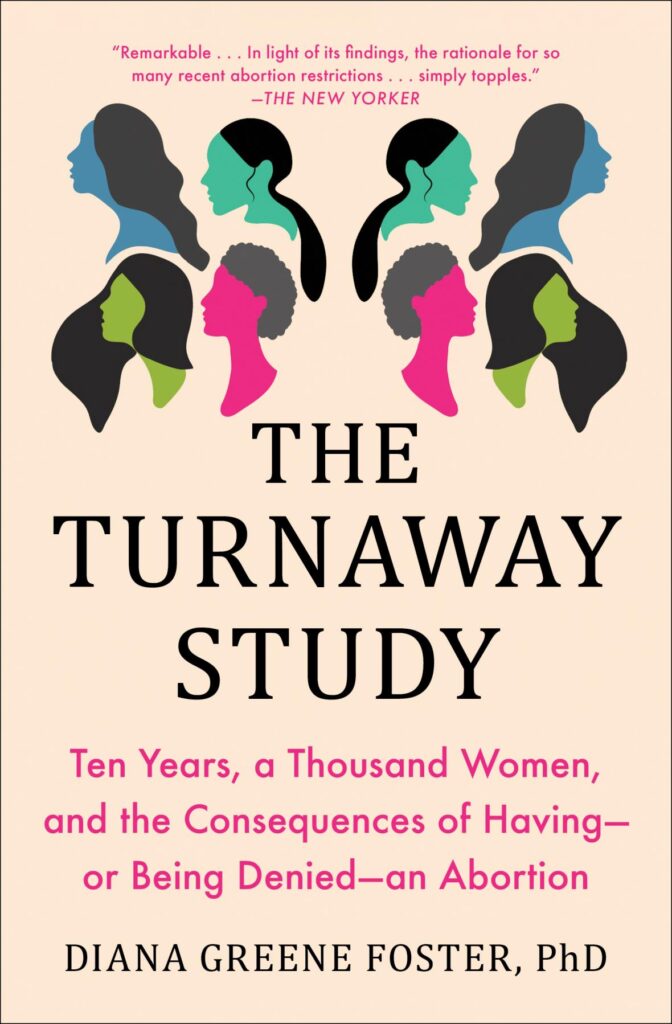The overturning of Roe vs. Wade has profound psychological implications for women, men, and mental health practitioners. Emotions may run high, especially in the dynamic climate of group counseling. How can therapists in a group setting balance possible tension between group members who have strong feelings on opposing sides, while exploring uncharted territory?
Licensed Clinical Social Worker and HGPS member Jana Rosenbaum (pictured right) says she has already seen this issue present in her groups. She says one married group member discovered she was pregnant. She began to explore abortion in the group, and eventually made that decision. “The group did good work around containing their differences while staying with her,” said Rosenbaum. “One member in particular had strong feelings against abortion and explored it more in individual sessions with me.”

This approach may not work in all groups. Rosenbaum said she had a group that was more polarized on the issue. “I made a group agreement that we wouldn’t talk politics,” she said. Rosenbaum noted that in two of her more flexible, higher functioning groups, they have talked about the group being able to contain and explore differences.
Rosenbaum says she has concerns that women may worry that even discussing the possibility of getting an abortion in a group setting could become stigmatized or even criminalized. As a result, women may be less likely to verbalize their fears and thoughts surrounding the unwanted pregnancy.

On an individual basis, research indicates the adverse long-term effects of being denied an abortion led to women facing years of economic hardship triggering financial insecurity for their children, an increase in anxiety, loss of self-esteem, and the greater likelihood of staying with an abusive partner. These are the results of The Turnaway Study, the largest study to examine women’s experiences with abortion and unwanted pregnancy. Findings of the study have also been collected and described in a new book The Turnaway Study: Ten Years, A Thousand Women, and the Consequences of Having – or Being Denied – an Abortion by Diana Greene Foster, PhD. Watch an introduction to the Turnaway Study Lecture Series below.
In addition, Rosenbaum believes it is important to address the feelings a man might experience in the couple if access to abortion is denied. She says he may experience financial and emotional consequences if options to family planning change with Roe vs. Wade being overturned. Rosenbaum hopes men will feel comfortable sharing their concerns and additional stressors.
While the decision to overturn Roe vs. Wade is a major moment in the battle over abortion, it will continue to color the political and social landscape of the US for decades. The Justices may have the last word in the courtroom, but this is a topic every psychotherapist can expect to continue to hear about in group therapy rooms as individuals grapple with how to handle an unwanted pregnancy.